Installation of solar panels brighten Asrama Kebajikan Anak-Anak Yatim Sekendi
Sabak Bernam, Selangor – In a humble welfare home in Sabak Bernam, about 21 children now have a brighter future with solar energy, a project initiated by Greenpeace Malaysia. As the impacts of climate change increase, heatwaves overwhelm Malaysians, increasing our reliance on energy and its rising cost. Through Greenpeace Malaysia’s first Solarising Project, monthly utility costs for the welfare home are slashed by an estimated RM 900, allowing the orphanage to channel funds toward enhancing living and learning spaces.
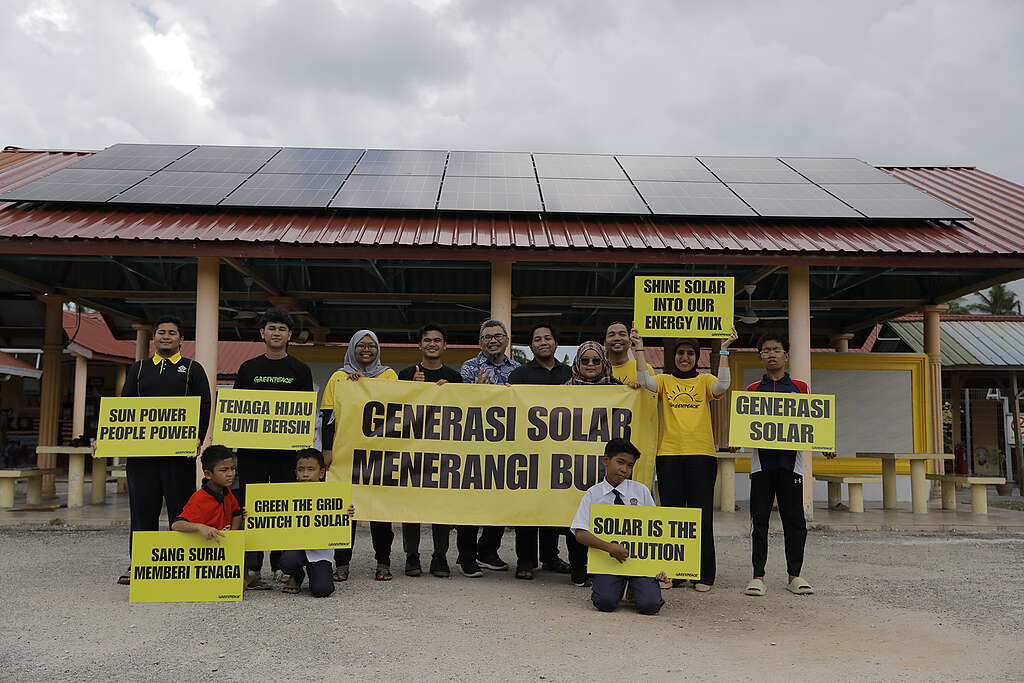
For these children, aged 6 to 17, who are either orphaned or whose parents are unable to support their education, improved and additional lighting means a more conducive environment for studying. Every bit of saved cost translates into better opportunities for these children; opportunities they might not otherwise have. Additionally, early exposure to clean renewable energy offers a glimpse of a hopeful future while securing them in playing their parts towards a sustainable and green Malaysia. Greenpeace Malaysia as part of the global Ummah for Earth (U4E), initiated this renewable energy project that took roughly a year in the making, ultimately aimed at sharing a gift that will keep on giving with the children’s welfare home.
Hamizah Shamsudeen, Greenpeace Malaysia Climate & Energy campaigner and Ummah for Earth project lead said:
“The lengthy and confusing classification and process of applying to government programmes for incentives in the installation of rooftop solar panels is a gap in the system. It discourages and stalls places like welfare homes, orphanages and small institutions or schools, that are ready and willing to adopt solar energy.”
“With over 15 years of solar incentive programs in Malaysia including FiT, the process should be streamlined by creating a one-stop approval committee, and a dedicated support helpline to prevent delays and provide real-time assistance to encourage broader adoption of rooftop solar in the country.”
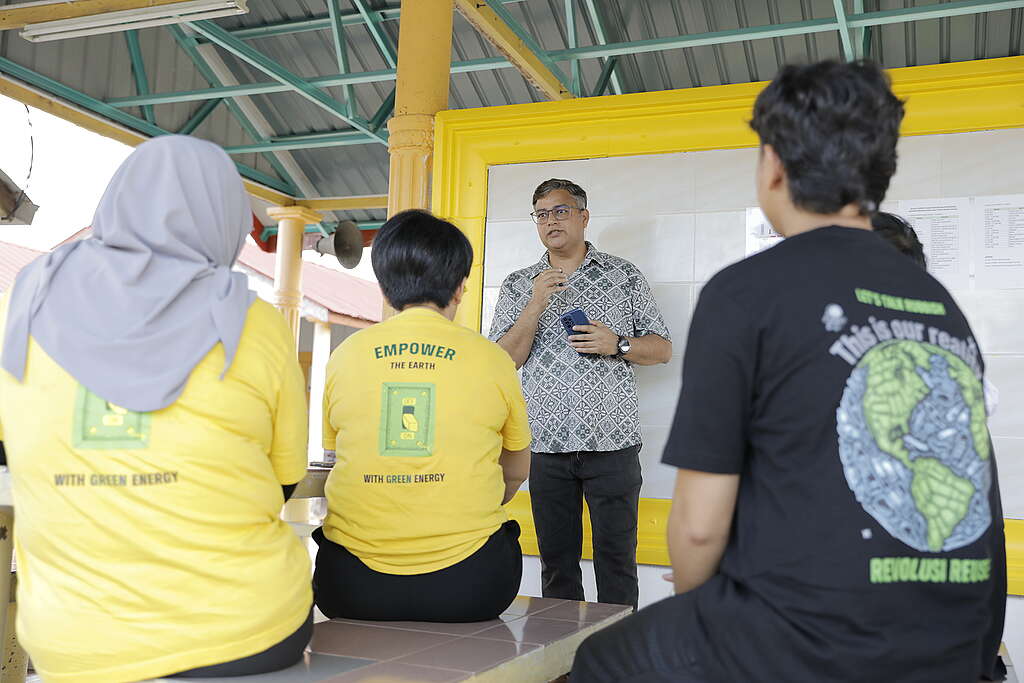
Amit Kaushik, Greenpeace Malaysia Country Director said:
“We’re truly grateful to be part of a project that not only brings clean energy to underserved communities, but also empowers the next generation to envision a brighter, more sustainable future. This initiative aims to fully utilise rooftop spaces for solar energy, bringing tangible benefits to children and the surrounding community.”
“With an estimated 40–45% reduction in monthly electricity costs, Sekendi Welfare Home will be able to reinvest these savings into essential infrastructure improvements thus creating a brighter, more comfortable study and living environment for our children. Beyond cost savings, the shift to clean energy provides an invaluable learning experience, helping our children understand the importance of sustainability and potentially sparking an interest in green careers; a vision that aligns with Malaysia’s future in renewable energy.”
Greenpeace Malaysia actively advocates for renewable energy and a shift away from fossil fuels as part of our mission to address climate change and promote environmental justice. These campaigns highlight the urgent need for clean renewable solutions like solar power to meet Malaysia’s climate goals and reduce dependence on unsustainable energy sources in line with the Malaysian government’s initiative of the National Energy Transition Roadmap (NETR) aiming to achieve net-zero carbon emissions by 2050.
Greenpeace Malaysia voices strong concerns over the continued allocation of fossil fuel subsidies in Budget 2025, which contradicts Malaysia’s climate ambitions by reinforcing dependence on polluting energy sources. We urge the government to prioritise investments in clean energy incentives and to reallocate funds towards renewable energy sources especially in underserved communities. With this, Malaysia can take meaningful steps toward a sustainable energy future that benefits all citizens and aligns with the nation’s net-zero commitments.
-Ends-
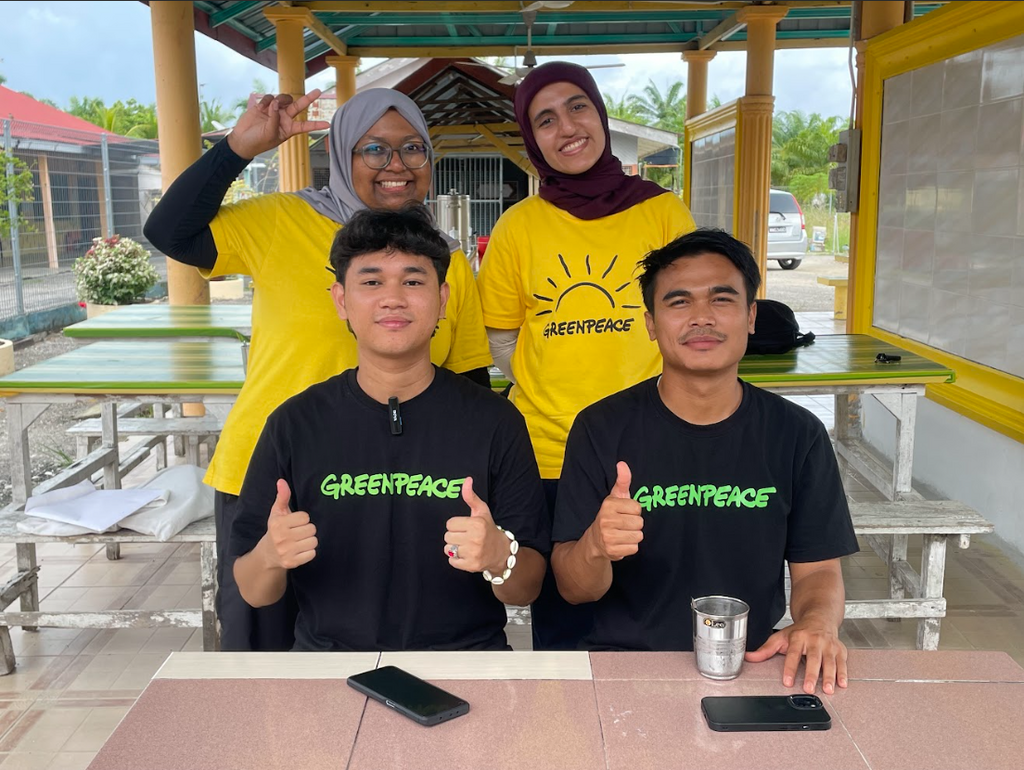

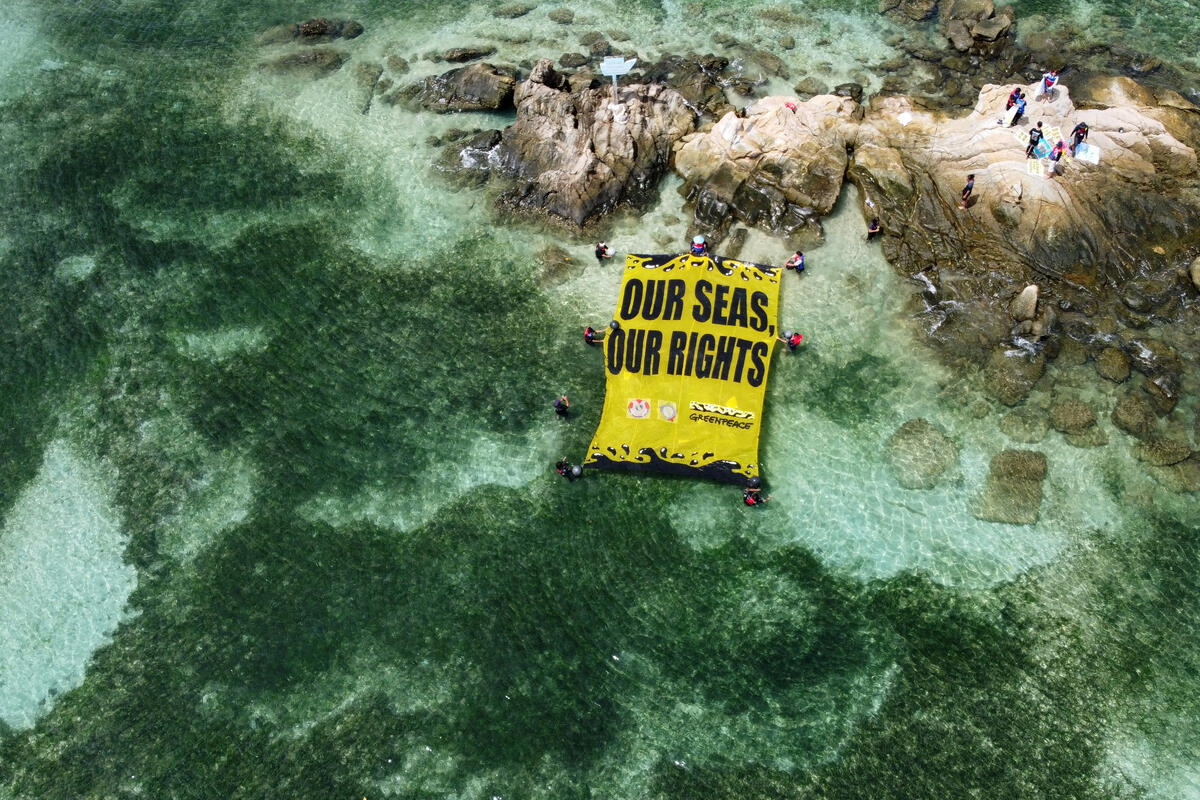
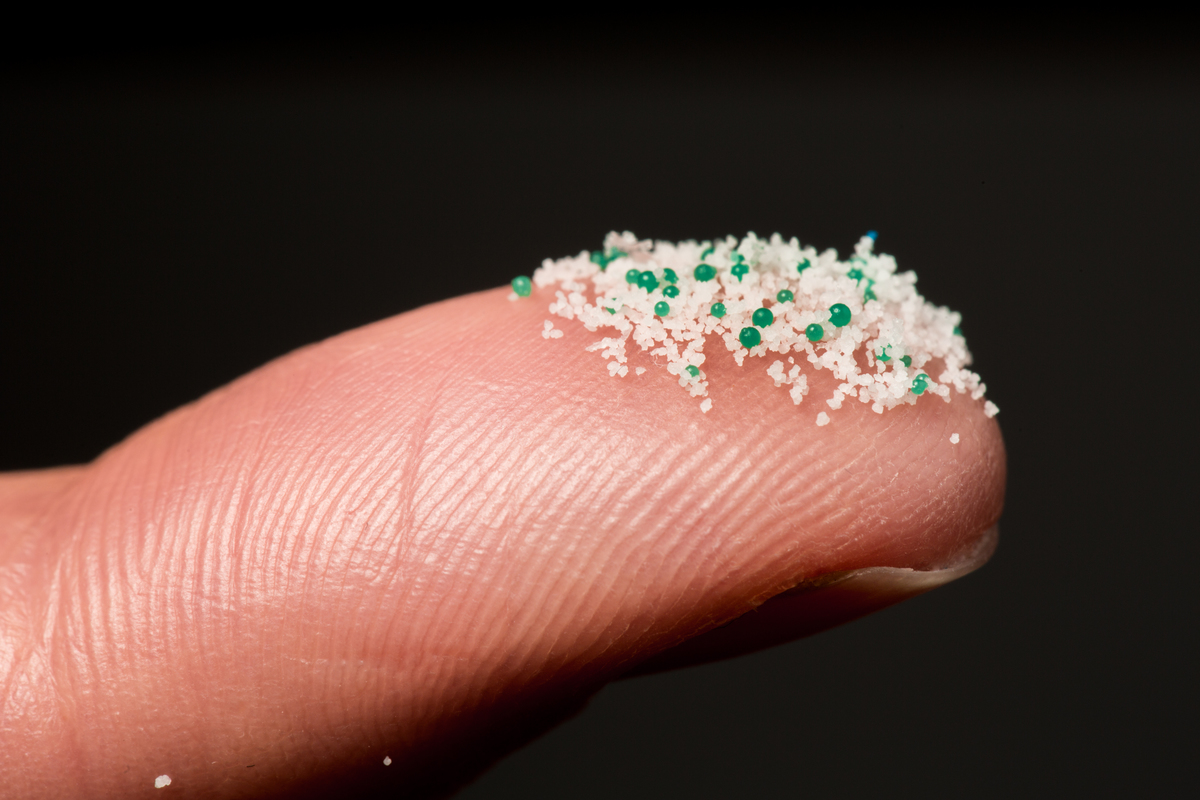

Discussion
Greenpeace